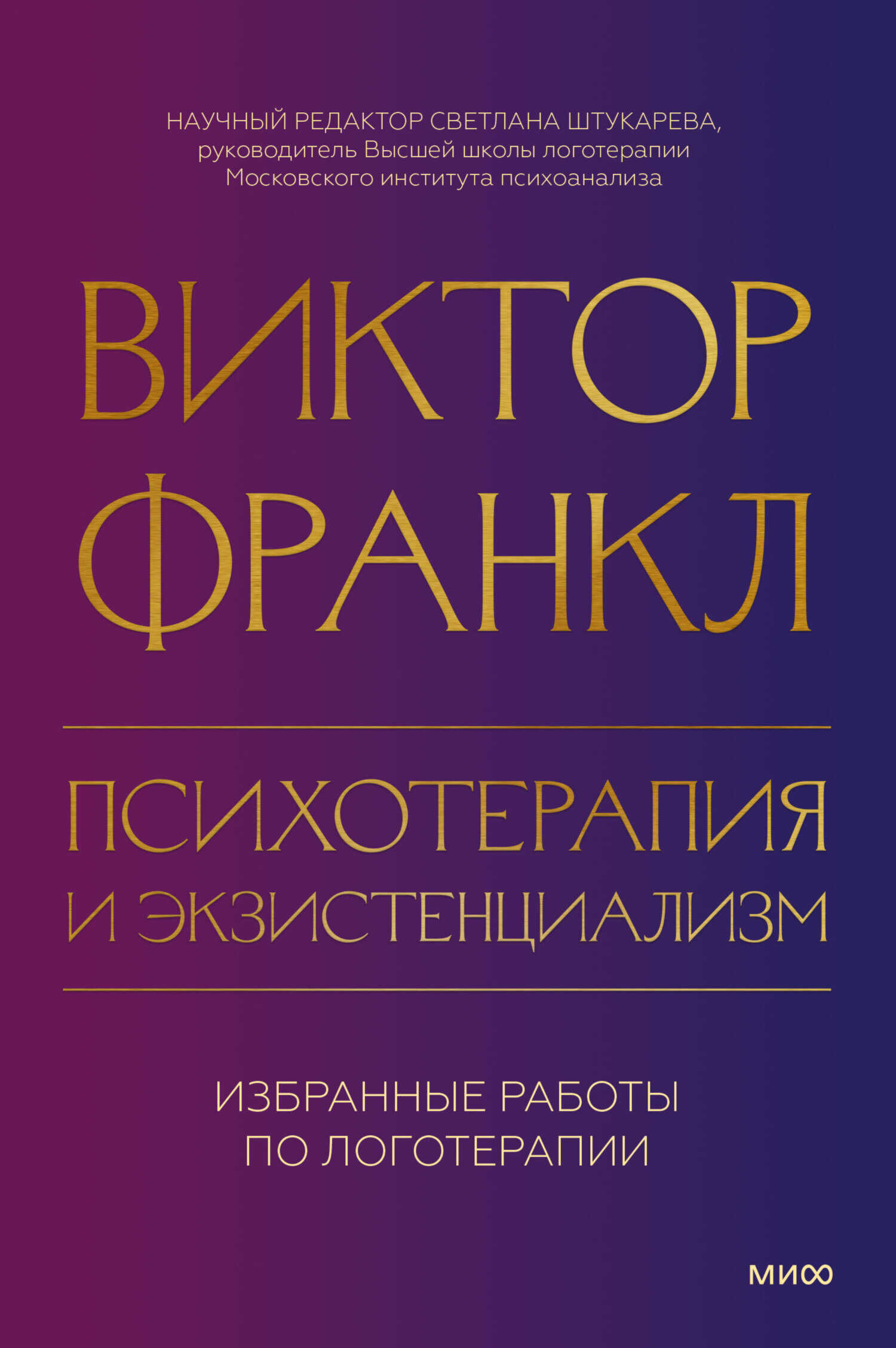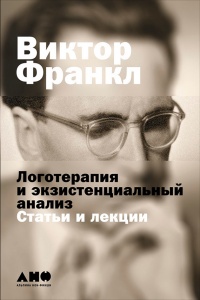Книга Человек в поисках смысла - Виктор Эмиль Франкл
Читать книгу Человек в поисках смысла - Виктор Эмиль Франкл полностью.
Шрифт:
-
+
Интервал:
-
+
Закладка:
Сделать
Перейти на страницу:
Перейти на страницу:
Книги схожие с книгой «Человек в поисках смысла - Виктор Эмиль Франкл» от автора - Виктор Эмиль Франкл:
Комментарии и отзывы (0) к книге "Человек в поисках смысла - Виктор Эмиль Франкл"








